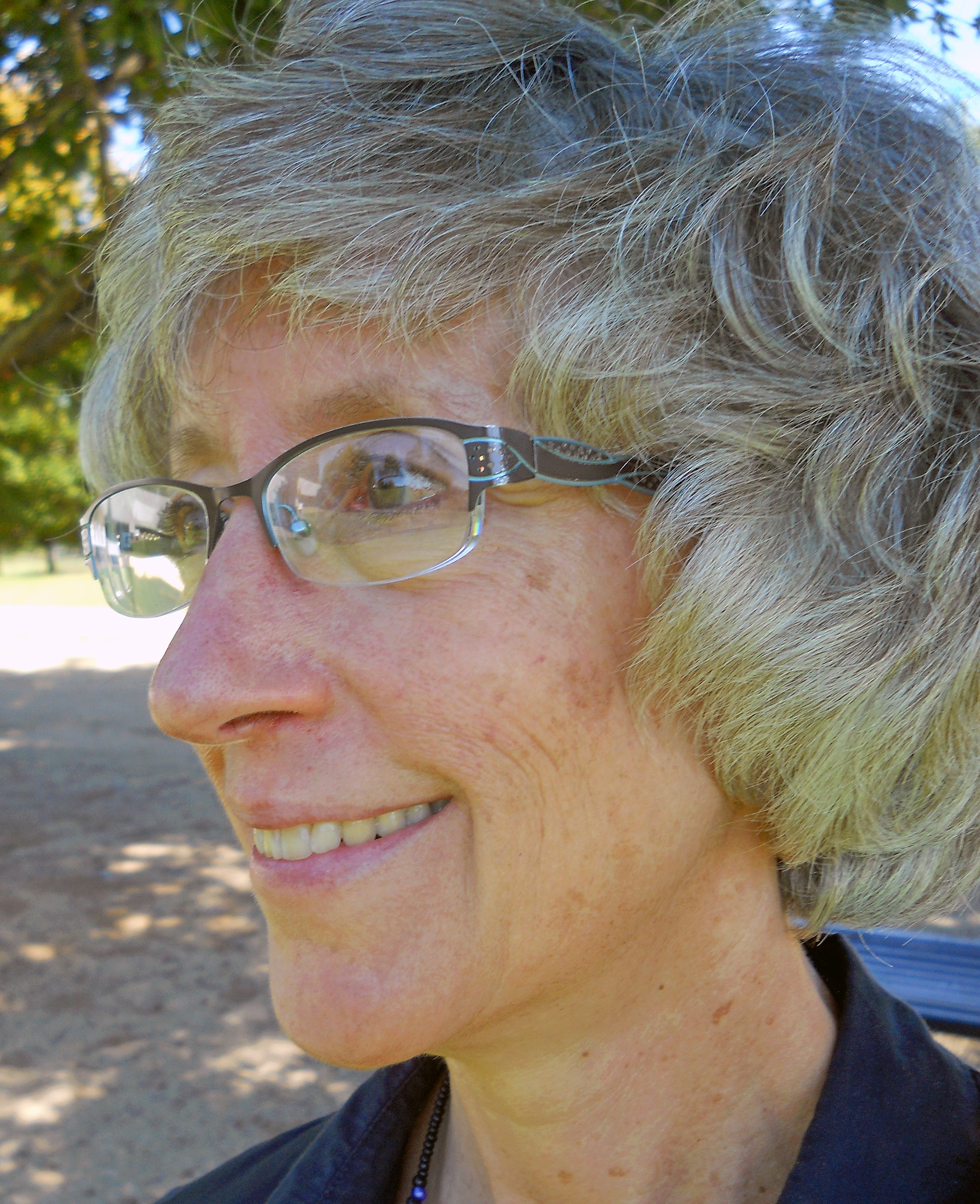Sailing into Saigon
 It’s still dark, 0500 on a December morning. From our ship out in the harbor we see the lights of San Diego sparkle on the horizon. We are excited by the lights. Because for so much of the last four months the horizon has merely blended with the blue of the ocean. Nearly one thousand of us—students, faculty, some family members—have been sailing around the world on a university study abroad program known as Semester at Sea. Now we’re coming home. It’s been a long voyage.
It’s still dark, 0500 on a December morning. From our ship out in the harbor we see the lights of San Diego sparkle on the horizon. We are excited by the lights. Because for so much of the last four months the horizon has merely blended with the blue of the ocean. Nearly one thousand of us—students, faculty, some family members—have been sailing around the world on a university study abroad program known as Semester at Sea. Now we’re coming home. It’s been a long voyage.
At 0500 a month earlier, we were entering another port, winding our way up the wide Saigon River on our way to Ho Chi Minh City. Our small cruise ship moved slowly, churned up the sandy river bottom. The sun was just starting to rise on our starboard side. It was foggy, which made the little fishing boats, with big slanting eyes painted on both sides of their swooping bows look eerie, like ghosts down there on the water, materializing out of the ethers.
We passed rice fields—all harvested by then—and miles and miles of jungle where the trees looked like they, too, were recently harvested. The trunks were spindly, the leaves wan and thin in many places. The sight of this sparse, sickly jungle made me sad. It made me want to say I’m sorry to the woman who poled the little painted boat being buffeted by the waves of our wake. It made me want to say I’m sorry to the family in the wobbly wooden house teetering between the trees and these muddy waters. Because as an American, I felt responsible.
I have no direct connection with the American War, as it is called in Vietnam, except that I grew up during the ’60s, was in high school in the early ’70s. Our government had stopped giving college deferments by then. Every one of my male classmates knew he’d get a draft notice along with his diploma. The war was like a pall.
In 11th grade English class, Mr. Trosan asked us to define irony. Some of us tried. Some of us were surprised when the stoner in the back of the room raised his hand. His sandy hair lapped at his collar bones. He wore dirty, faded blue jeans so long he walked on them, the hems all ratty and frayed. He slumped around school like he couldn’t care less about being there or what people thought about him. Sometimes I think teachers held his attitude against him. He was smart and they wanted him to care, wanted him to put forth some effort. But Monk’s hooded eyes were clear; he could already see what was waiting for him.
Mr. Trosan liked Monk. Mr. Trosan’s thinning hair hung over his ears too. A bushy mustache drooped over his lips, and he had a habit of playing with it with his tongue. Mr. Trosan lived down the hill from me and drove a little blue sports car. I saw his wife a couple of times. “Hippie” was what people thought when they saw her. She was tall and skinny and had very long, straight hair like Cher. She wore big glasses and bell-bottom blue jeans. I tried not to admire this couple. In my working class family, we weren’t supposed to like hippies. But I couldn’t help it; Mr. Trosan was one of the coolest teachers I ever had.
When Monk raised his hand, it was like Mr. Trosan knew he’d have the right answer. He held off calling on him to give the rest of us a stab at irony. When Mr. Trosan nodded at him, slouched in the back of the room, Monk twirled his pen around his fingers then flipped it into the book of O. Henry stories lying open on his desk. And here was his answer: “Irony,” he said, “is living through your tour in Vietnam and coming home and getting hit by a bus.” Wow, I thought, how did he know that? Behind his big mustache, Mr. Trosan just smiled.
I wish I could say I had been an anti-war activist. I wish I could say I had been a member of SDS and campaigned for George McGovern, even though I couldn’t vote. I wish I could say I had been informed and outraged and wrote letters to members of Congress and participated in protests down at the University. But the truth is, I didn’t pay attention to the war in Southeast Asia. Mine wasn’t the kind of family that had conversations around the dinner table about current events, or anything else for that matter; children were to be seen, not heard. My father had been in the Army for two years during the Korean Conflict. Even though he spent his whole tour of duty shoveling a pile of dirt from one side of the road to the other at an outpost in Germany, he still believed in the U.S. military. In high school, I just kept my head down, putting one foot in front of the other, hoping to get from one day to the next. I wasn’t supposed to have an opinion about my country’s little police action on the other side of the world.
It was The Deer Hunter, the 1978 film that won the Academy Award for best picture, that showed me what I missed. Three steelworkers from the same ethnic neighborhood near Pittsburgh, friends who went deer hunting every fall, who could bring down a deer in one shot, who got drafted and returned from the war changed, if they returned at all; Robert De Niro and Meryl Streep; the contrast between those two rites of passage, marriage and military service, and what happens to a man when he learns to bring down people in one shot and to play Russian roulette. The movie made me a pacifist. It shocked me. It saddened me. It angered me. In part because of the political message, yes, but the thing that pushed that message in under my skin was that I knew those people. I grew up in Pittsburgh. Those guys shooting shots at the bar were just like my cousins. I had driven by that Russian Orthodox Church, or one very like it, and those streets were my streets. My grandfathers were both steelworkers. Half the men in my town wore steel-toed shoes and hard hats and clomped off to the mill every morning with identical black lunch buckets. Guys in my class thought that the first day of deer season was a school holiday.
Decades later, in graduate school, I would learn that the most effective teaching tool for changing someone’s attitude is film. I was a nurse then, and the teacher was talking about changing how people thought about their health: how to get teenage girls to believe that doing self breast exams would keep them from dying of cancer; how to get diabetic patients to commit to pricking their finger, testing their blood sugar six times a day, and shooting themselves with insulin. But I thought about The Deer Hunter—the guy from down the street who danced at my cousin’s wedding and came back from ’Nam without any legs—and I knew this teacher was telling the truth.
So as I sailed in that cruise ship up the Saigon River in the early morning fog, seeing the jungle that forty years ago my country turned to hell with napalm, I imagined what it might have been like for guys like Monk to prowl these waters in a navy patrol boat with two fifty-caliber rotating machine guns mounted on the bow, a grenade launcher on the stern, and two crewmembers poised on the deck, pointing M-50 automatic assault rifles toward the shore; and I wondered why those people in their little painted boats were waving at us. Don’t they hate us, I wondered? Don’t they hold a grudge against these selfish Americans who destroyed their land, their villages, their country, because we just couldn’t let the Commies take another pawn?
But here’s the irony: we sailed up the Saigon River waving at all those people in pointy straw hats, armed with oars, rowing little boats with eyes on the bows. But a month later, as our journey around the world ends and we sail into San Diego, our home port, the boats that greet us really are those patrol boats, and the men in military fatigues, standing on the deck brandishing automatic weapons, are U.S. Coast Guard. None of the soldiers in those boats are waving to us. For more than two hours, these armed patrol boats circle our ship and escort us all the way from the mouth of the harbor to the pier where our ship will dock. Maybe I’m just disoriented from being abroad for four months, touring countries where we knew we weren’t safe, where we knew we didn’t have rights. But right now my skin is prickling and I don’t get this. Why is the U.S. Coast Guard riding around our little ship full of college students and professors, pointing their guns at us like we’re the enemy? We’re Americans. This is our home. Shouldn’t they be welcoming us?
Then I think of Monk, the stoner who couldn’t care less, who just wanted to get high, because who wouldn’t with war in his future? What if he were here, standing at the rail on deck seven of our ship as we approached this city, this American city; this place we think we know; this place we think is all about freedom and justice; this place where we think we don’t have to worry about our government coming after us with guns because we stand for liberty? What would Monk be thinking if he were standing here, in his ratty blue jeans, his long hair flying in the wind, watching these guys in fatigues circle our ship in a patrol boat armed with automatic weapons? I think I know. I think he’d shake his shaggy head at the irony of it all and turn away. “Fuck it, man,” he’d say. “It’s all a game, and we’re the pawns.”





